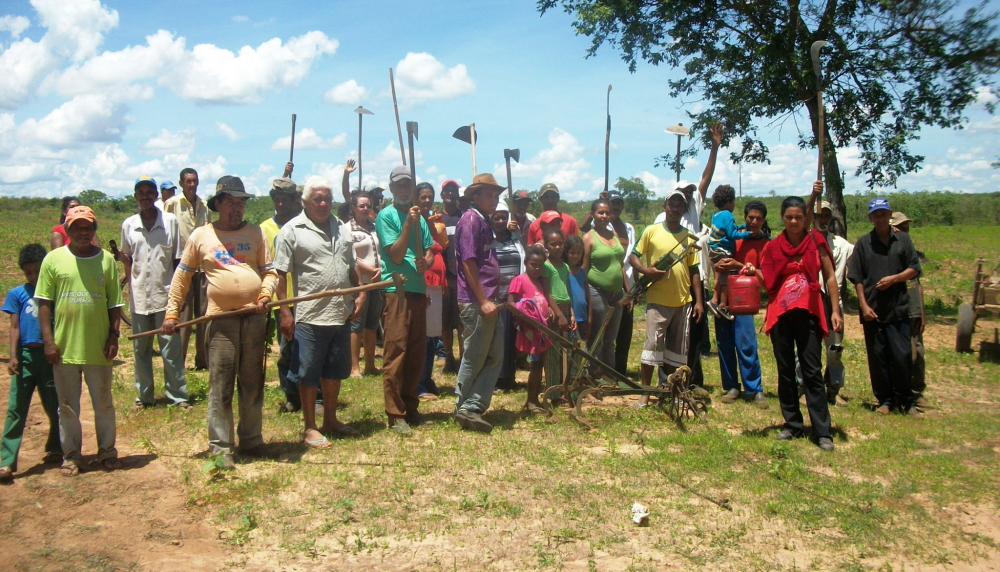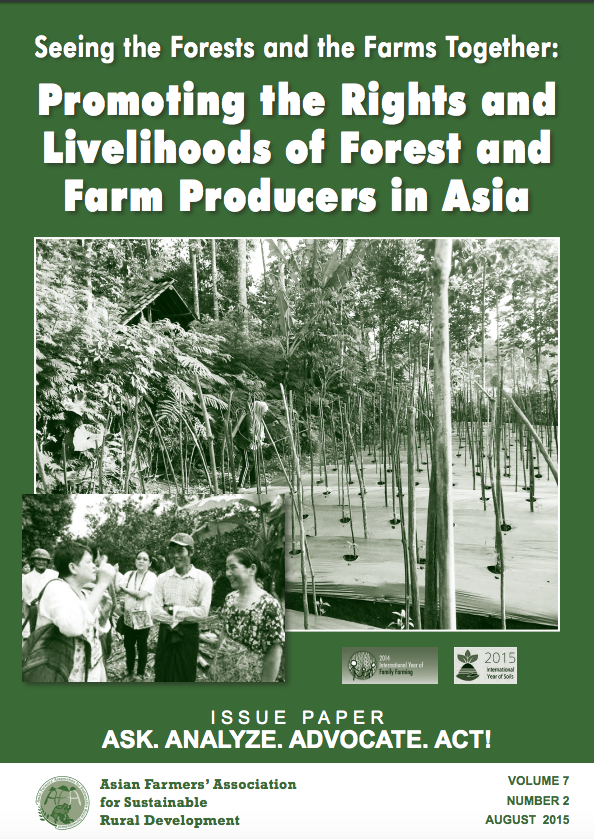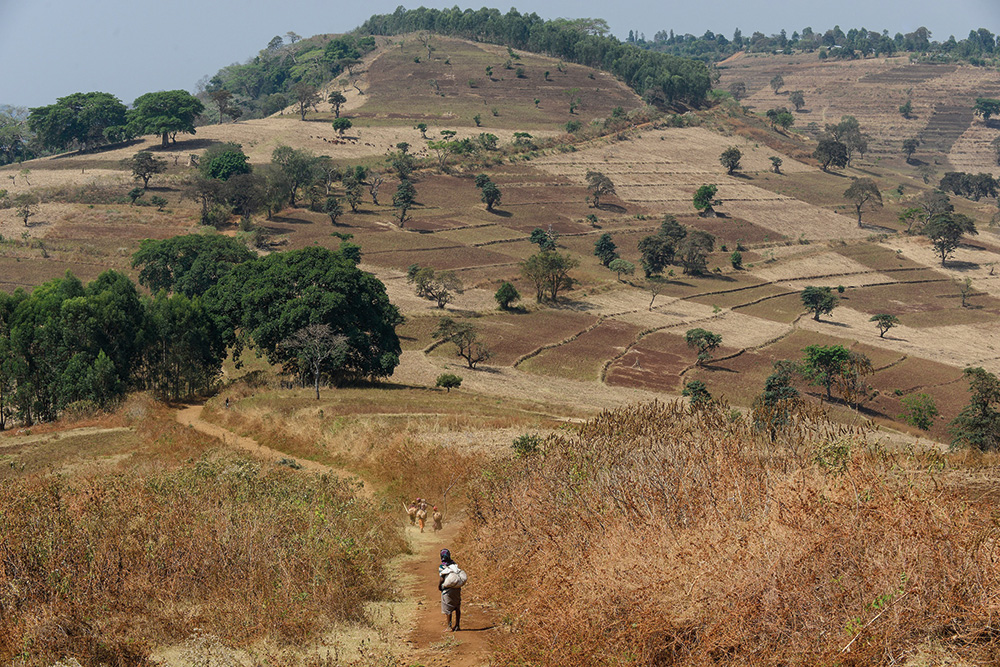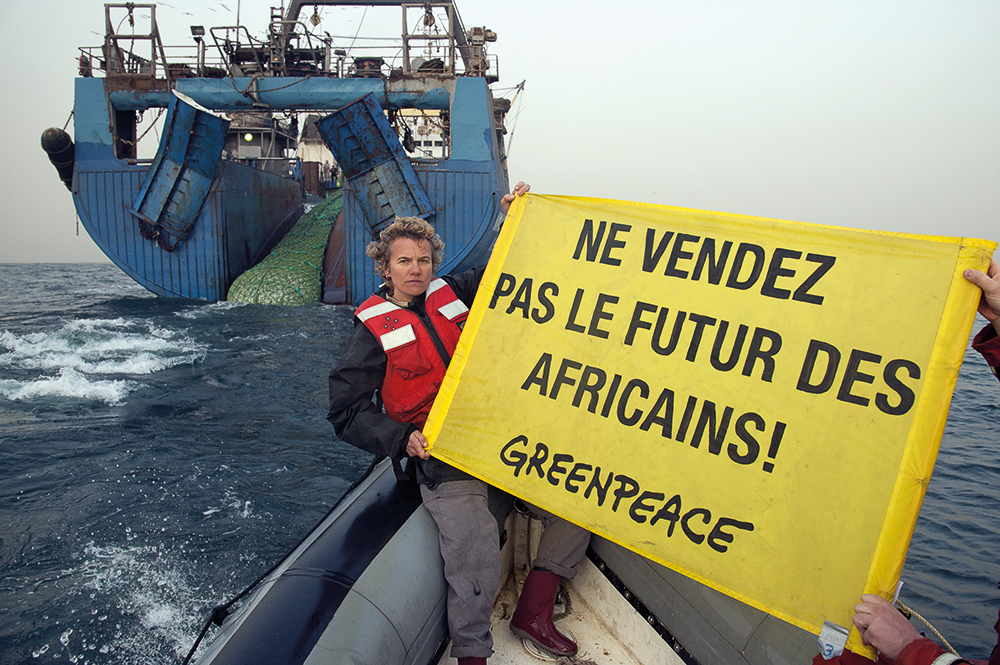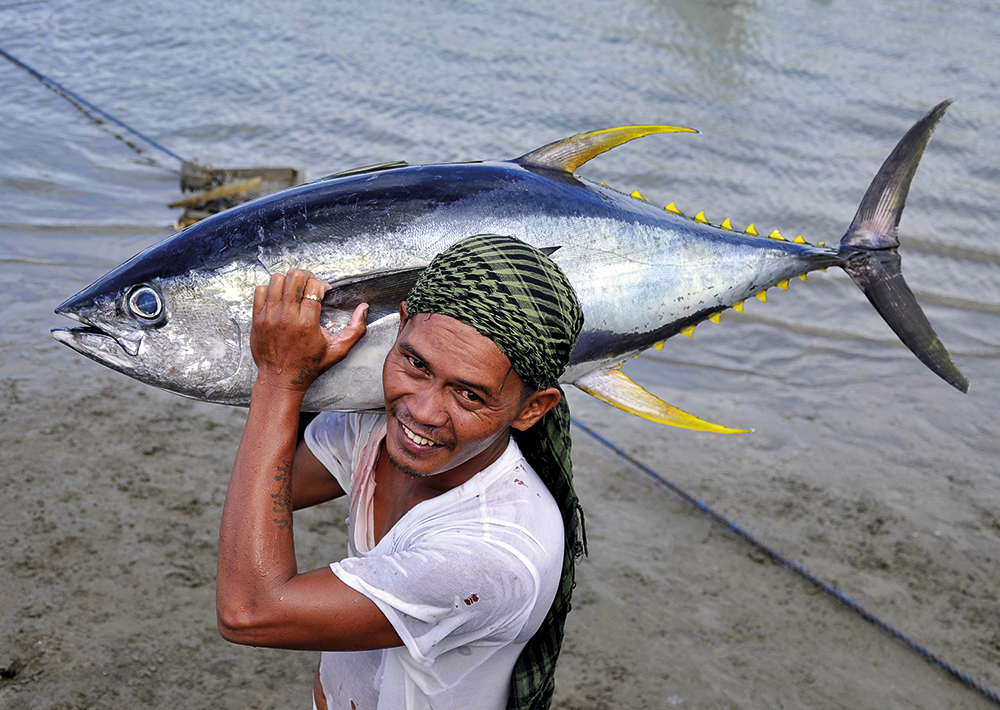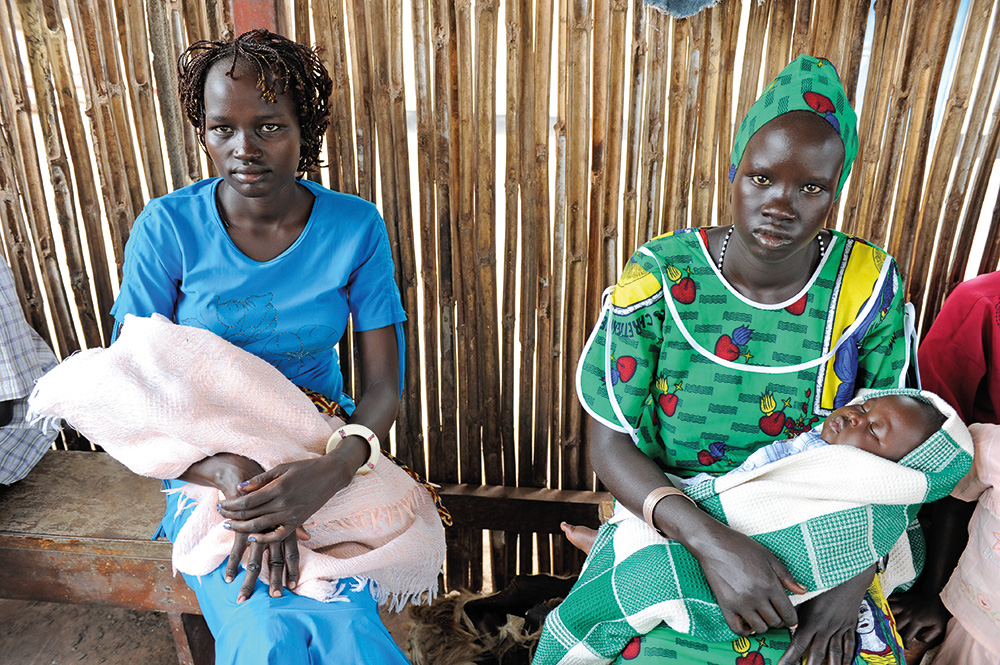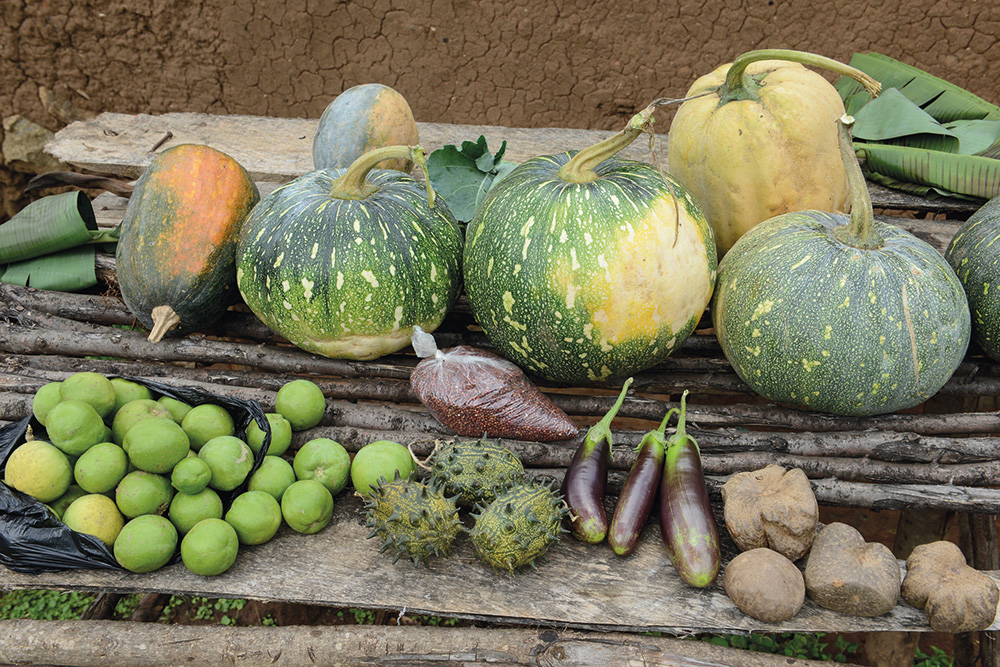Comunidade Vitória/Cachoeirinha A semente da Revolução Agrária
O caso dos camponeses de Cachoeirinha engloba três gerações de posseiros, que ocuparam a região norte de Minas Gerais (Brail) desde o início do século XX, pelo menos. É um caso típico da ocupação de terras por posseiros no Brasil. A preocupação pela legalização da propriedade só se dá mediante o conflito com o Estado ou com outros atores que tentam questionar a propriedade da terra.

